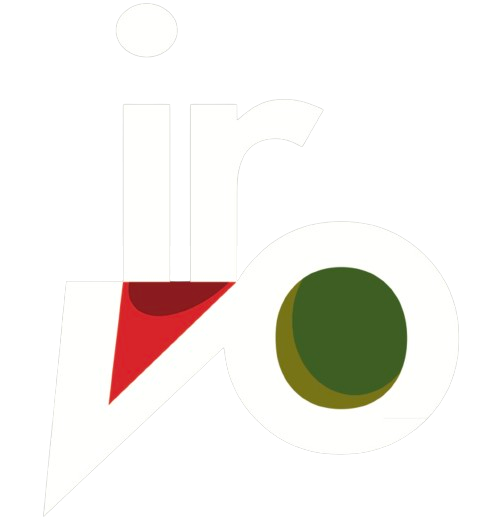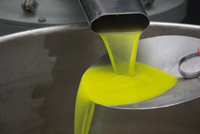7 February 2012
Integrated supply chain planning – Olive oil and table olives
As part of the PSR 2007/2013, the Sicilian Region has published a tender for the implementation of the Integrated Supply Chain Projects (in short PIF).
The Regional Institute of Wines and Oils of Sicily intends to promote and implement integrated supply chain projects for the oil and table olives sector.
Integrated supply chain planning (PIF), as an innovative tool, intends to pursue the objective of integrating the different types of intervention
, the strengthening of partnership actions, the improvement of the collective offer and the overcoming of the limits manifested by the agri-food production chains of the region.
The Supply Chain Package, understood as the coordinated and organic set of operations relating to multiple measures, is the implementation method of the Program which involves a plurality of subjects operating in a specific supply chain, who undertake to implement single and distinct investments but strongly correlated with each other.
The Measures that can be activated with the Supply Chain Package are the following:
measure 121 – Modernization of agricultural companies;
measure 123 – Increase in the added value of agricultural and forestry products;
measure 125/A – Inter-company rural roads;
measure 133 – Information and promotion activities;
measure 311/B – Production of energy from renewable sources.
SICILY OLIVE OIL SUPPLY CHAIN
The cultivation of olive trees in Sicily takes on considerable importance, especially for the municipalities of the internal hilly area.
The surface area dedicated to olive cultivation in Sicily is approximately 159 thousand hectares, constituting one of the most typical elements of the region's agriculture and landscape.
Sicilian olive growing is characterized by a notable varietal diversification of native species located within extensive suitable areas and capable of providing high quality and quantity of products in all fruity categories.
Description of the objectives of the PIF
The PIF that we want to create has as its aim the achievement of the specific objective of: improving the competitiveness of agricultural and agro-industrial systems in a supply chain context and with a view to integrated development, through the introduction of innovations, the strengthening of the functions commercial, integrated management in terms of quality, safety and environment.
In this regard, it is underlined that the members of the PIF will have to guarantee that the production, transformation, packaging and marketing phases are or will be subject to production regulations and the control of third-party bodies and that it will only and exclusively concern oil deriving from the production of olives. grown in Sicily.
Objectives of the PIF
Qualitative improvement of the production of the oil/table olives supply chain
Enhancement and marketing of Sicilian extra virgin olive oil
Enhancement and marketing of table olives
Valorization of exhausted pomace through their composting in order to obtain a soil improver to be used in the olive groves themselves and derive environmental profits
Valorization of production waste to make fuels.
Training and retraining of human resources operating in the supply chain
Quality certification of companies belonging to the supply chain
Interventions that can be carried out
Establishment and modernization of irrigation systems - fertigation
Mechanization (crop care, harvesting, etc.).
Construction, renovation and modernization of rural buildings, warehouses, tool sheds, etc.
Transformation (milling plants and table olive processing plants).
Analysis laboratories.
Packaging.
Marketing.
Plants for processing de-oiled pomace (separation of the woody part to be marketed as fuel, transformation of the exhausted pomace as such into briquettes to be used for heating systems).
Composting of spent pomace
Equipment of IT systems.
Systems for the exploitation of alternative energy.
Training.
Advertising and marketing for the diffusion and valorisation of the product.
Subjects beneficiaries of the financed measures
Direct beneficiaries, i.e. those directly involved in the implementation of initiatives included in one or more measures/actions activated within the Supply Chain Package, may be those who, at the time of presentation of the individual initiatives, meet the access requirements established by the specific measures. for which aid is requested and satisfy the eligibility conditions envisaged for the Package, as explained respectively by the specific implementing provisions of the measure and by these Provisions.
Each direct beneficiary is responsible for the commitments undertaken when submitting the application for the granting of aid for the measure(s) of the Programme.
The direct beneficiaries, for the same supply chain, can participate in only one Package.
Private and public indirect beneficiaries are those who, as signatories of the agreement (which defines the methods of participation, contribution and role) play an active role in the partnership (to be specified in the supply chain project).
Indirect beneficiaries can participate in multiple supply chain package initiatives, even in the same supply chain category, provided that incompatibility conditions do not arise.
IF YOU ARE INTERESTED, PLEASE COMPLETE EXPRESSION OF INTEREST PIF And COMPANY PROFILE SHEET EXTRA VIRGIN OILS FROM SICILY
Ultime notizie
News 9 January 2025
Public Consultation Update PTPCT IRVO 2025-2027
Public consultation for the purpose of updating the Three-Year Plan for the Prevention of Corruption and Transparency (PTPCT) 2025/2027 In order to allow maximum involvement in the preparation of the update of the Three-Year Plan for the Prevention of Corruption and Transparency of the Regional Institute of Wine and Oil for the three-year period 2025/2027, all those who are interested are invited - in particular citizens, companies, consumer associations, representative trade unions, other entities operating in the territory representing particular interests - to send observations and/or proposals to the Person in Charge of the Prevention of Corruption and Transparency (RPCT), which will be evaluated when drafting the document.


